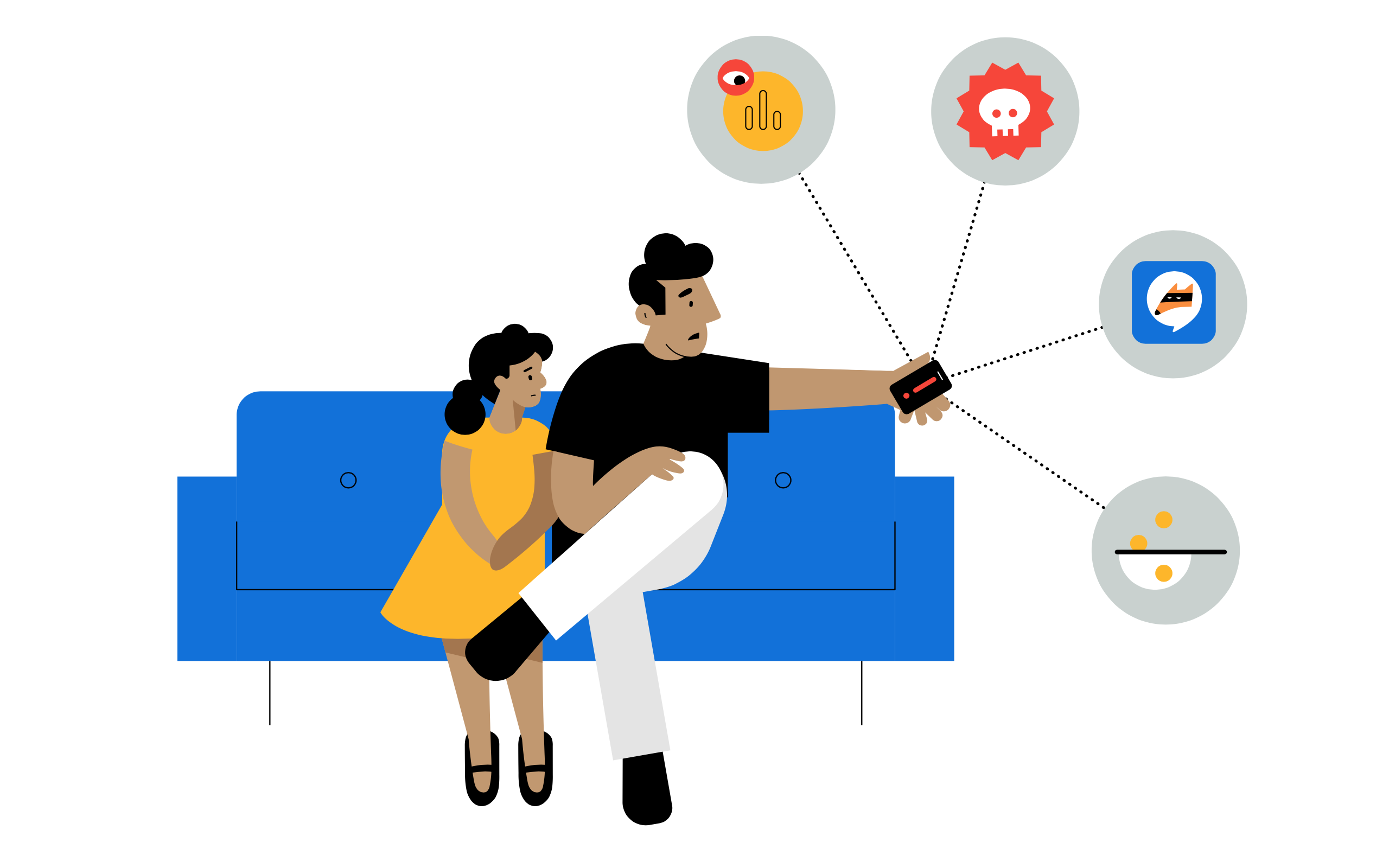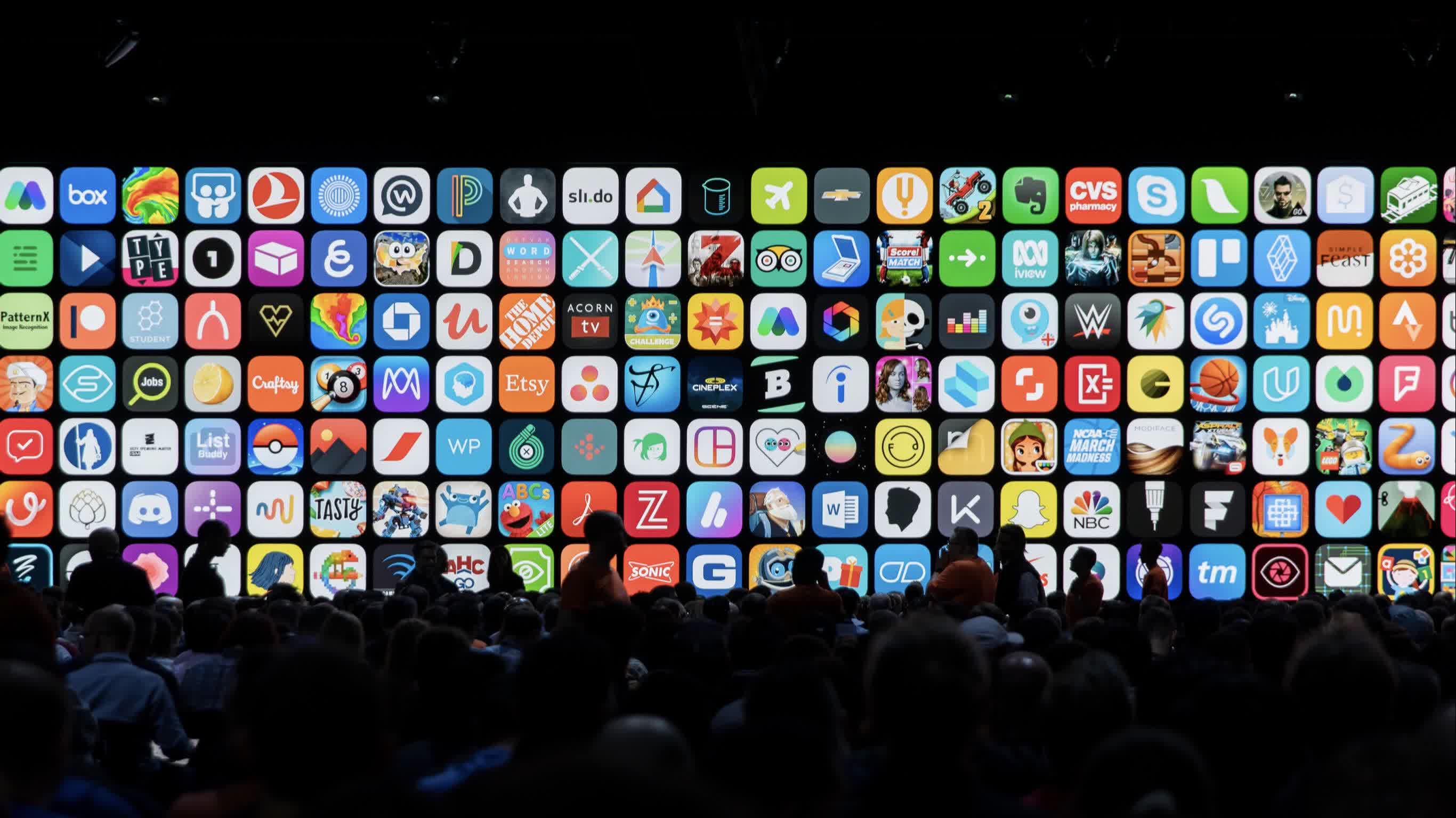In context: Back in 2011, Phil Schiller told other Apple executives the company would one day have to adjust the revenue split from the App Store and pushed for a solution to be found before this would turn into a fierce fight against external pressures. Ten years later, the company is trying to get out of a situation that it could have avoided – where developers and regulators are pressuring it into allowing sideloading of apps on iOS devices.
The App Store is a money printing machine that generated $643 billion in sales last year, which is why Apple uses every occasion to tout its role in the creation of an app-based economy that will soon reach $1 trillion per year. The company explained during the Epic Games trial that it's being wrongly accused of gatekeeping the App Store, and that it doesn't make nearly as much money from it as you would think.
Epic's lawsuit against Apple may not be successful in bringing Fortnite back on iOS, but it's already kicked in a public debate about the Cupertino giant's insistence on making the App Store the one and only way users can download apps on iPhone and iPads. Regulators in the US and the EU are scrutinizing Big Tech corporations and preparing a new set of antitrust rules that could see the tech industry change dramatically over the next few years.
Today, Apple unveiled a 16-page report titled "Building a Trusted Ecosystem for Millions of Apps," where it tries to make a case for why the App Store works the way it does and the impact sideloading apps would have on the security and users privacy protections that are currently in place.

Apple argues that allowing sideloading would open over 1 billion iOS users to serious security risks as malicious actors would have a huge incentive to exploit this new avenue for scamming users or installing malware on their phones. The company claims the strict App Store review process in combination with built-in iOS protections like running apps in a sandbox are the reason why iOS users see 47 times less malware in the wild when compared to Android users.
The timing of the report is interesting, as lawmakers are currently debating five antitrust bills that target tech giants like Amazon, Google, Apple, and Facebook.
Google, Facebook, and Amazon on Tuesday released statements where they warn of "significant negative effects" on consumers and small to medium sized businesses, from price hikes to degrading services that many depend on to earn an income. Google also believes the new bills have the potential to "undermine US technology leadership."
Apple didn't comment on the bills, but industry groups backed by and other tech and media companies expressed their concerns on the fast-tracking of the proposed antitrust legislation. The Cupertino giant is, however, aggressively lobbying against the bills, as Apple CEO Tim Cook personally called Speaker Nancy Pelosi on Tuesday to warn her that they have the potential to seriously disrupt the iPhone. Cook is also scheduled to have a virtual meeting with EU competition head Margrethe Vestager today.
